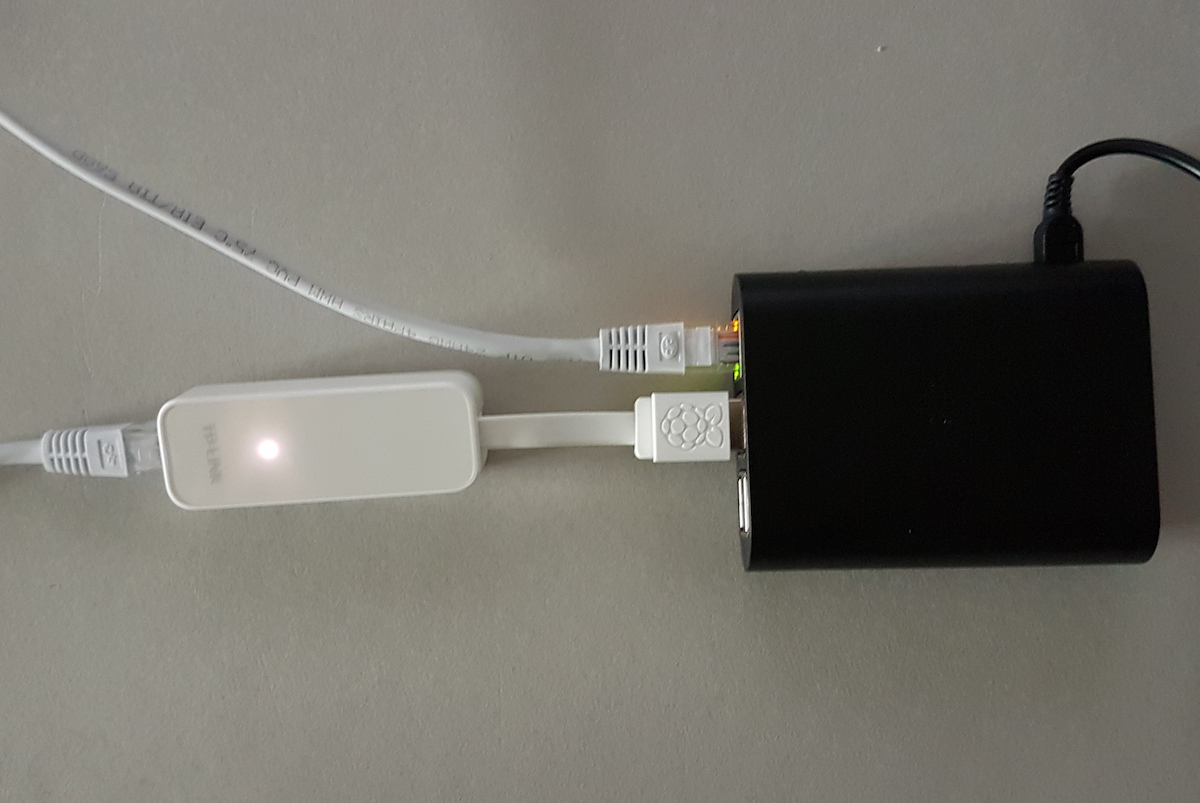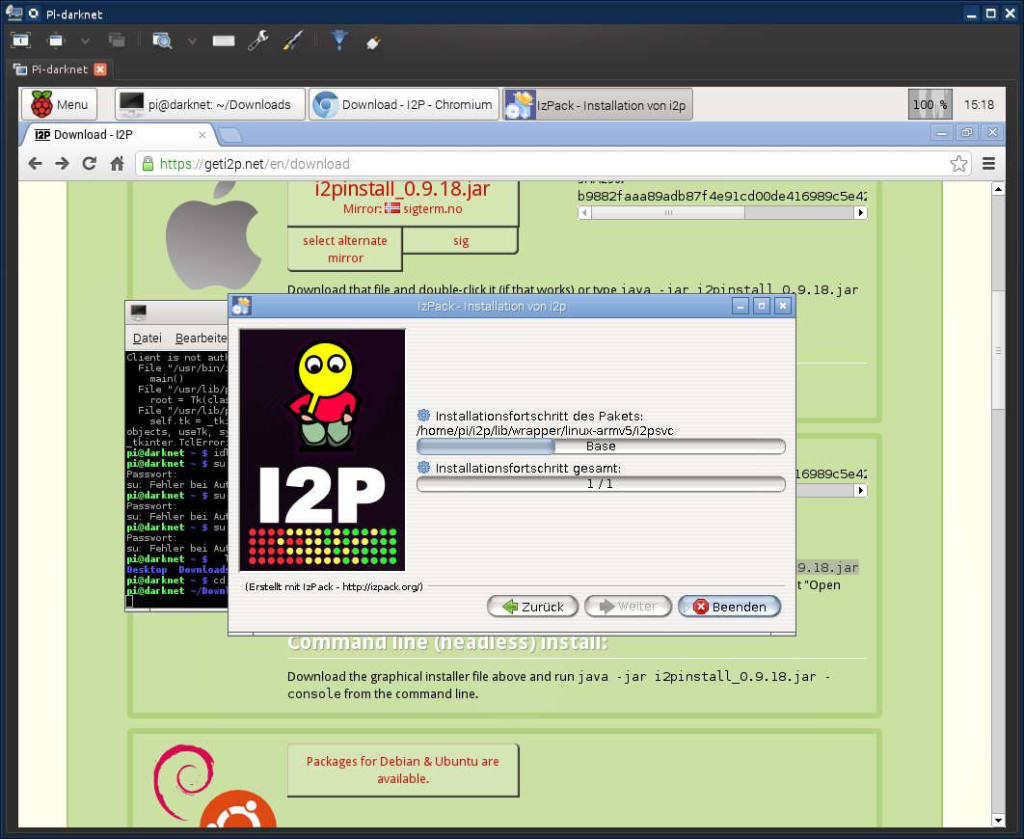
- #Raspberry router nicht pingbar how to#
- #Raspberry router nicht pingbar install#
- #Raspberry router nicht pingbar serial#
- #Raspberry router nicht pingbar driver#
install_knxd_systemd.shĪfter the script has finished. Do not execute update-rc.d on debian # chmod +x #. –enable-groupcache enable Group Cache (default: yes) –enable-eibnetipserver enable EIBnet/IP server frontend –enable-eibnetiptunnel enable EIBnet/IP tunneling backend –enable-eibnetip enable EIBnet/IP routing backend
#Raspberry router nicht pingbar driver#
–enable-tpuarts enable TPUART user driver backend –enable-pei16s enable BCU1 user driver backend (very experimental) –enable-pei16 enable BCU1 kernel driver backend Alter the script if you need additional features. The highlighted eibd features are enabled. Start a root shell, get the $ sudo # wget
#Raspberry router nicht pingbar serial#
On a Raspberry Pi 3 it is strongly recommended to update to the latest Kernel to addressing some issues with the serial device $ sudo # reboot If there are further more, please let me know and I will integrate them to script. Weinzierl KNX-USB Interface (Rail mounted) Weinzierl KNX-USB Interface (Flush mounted) Merlin Gerin KNX-USB Interface (Flush mounted)īusch-Jaeger KNX-USB Interface (Flush mounted)īusch-Jaeger KNX-USB Interface (surface mounted)ĪBB STOTZ-KONTAKT KNX-USB Interface (MDRC) Siemens KNX/EIB-USB Interface (Flush mounted) On Raspberry Pi 3 it disable the bluetooth module because its uses ttyAMA0 by defaultįor the following devices a udev rule is installed (Source KNX User Forum).Maybe your device is not in the list, then you have to add this manually to file /etc/udev/rules.d/les. I have added all interfaces for which I found a USB Vendor- and ProductID. Define udev rules to accessing the KNX USB Device at a low level layer by group knxd.Disable console on serial interface /dev/ttyAMA0.Disable bootmessages on serial interface /dev/ttyAMA0.Add a user and group knxd with group membership dialout (to access serial device /dev/ttyAMA0).installing knxd binaries to /usr/local/bin.Access to /dev/ttyAMA0 is just requiered if you want to use TPUART or a FT1.2 (BCU2) backend.

The script must be run as root because some files are copied and modified in locations where only root have the appropriate permissions. Set an link from the system wide nf to mv /etc/nf ln -sf /run/systemd/resolve/nf /etc/nf

Maybe you want enable dhcpĭisable the old way to configure the network, enable systemd based network configuration, enable systemd generated nf (DNS resolution) and disable mv /etc/network/interfaces systemctl enable systemctl enable systemctl start systemctl disable systemctl enable rvice To get a root, login as user pi and call $ sudo su new file /etc/systemd/network/work Name is not importend, just the suffix/extension network. Login as root and configure a static IP Address.

The serial port must be set to ttyS0 not ttyAMA0 on RPI3 at the latest raspbian release. Hint for Raspberry Pi 3 User (Comment from Adrian): It is import to enable the serial device within raspi-config.
#Raspberry router nicht pingbar install#
This is the first shot if you got any errors feel free to report it by a comment.įirst of all install raspbian in the well known way and update to the latest version of firmware and operating $ sudo su apt-get update & apt-get reboot The script at the end of the post installs knxd with support for EIB/KNX Router with TPUART and for USB EIB/KNX interfaces. This post is based on my previous posts regarding eibd.
#Raspberry router nicht pingbar how to#
In my previous posts EIB/KNX Router with an USB Interface and KNX/EIB Router with a TPUART module I described how to use a Raspberry PI as EIB/KNX Router with eibd.Įibd is no longer in development so I decided to give knxd, a fork of eibd, a try:-) The script attached at the end of the post is written for raspbian but should also work an all debian system with systemd imit system.


 0 kommentar(er)
0 kommentar(er)
